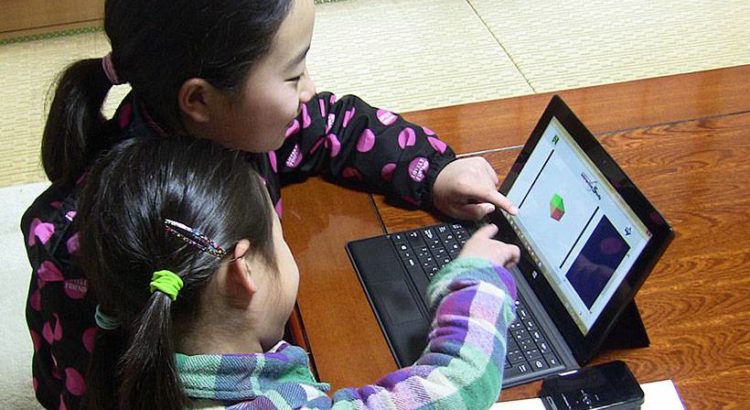Asia/ Japan/ 07.04.2020/ Source: www.japantimes.co.jp.
The government plans to accelerate the introduction of remote education using the internet, drawing lessons from the ongoing coronavirus pandemic, while local governments are reluctant about the initiative.
At a meeting of the central government’s Council on Investments for the Future on Friday, Prime Minister Shinzo Abe showed his intention to move up the current plan of making a laptop or other information terminal available to every student across the country by fiscal 2023 to improve the environment for study at home.
Abe laid out the plan amid growing concerns that emergency school closures in areas with spikes in coronavirus infection cases could continue for an extended period of time. The board of education at the Tokyo Metropolitan Government, for example, has decided to extend school closures until May 6, the final day of the Golden Week holiday period.
While the school closures are a headache for teachers and other people related to schools, as well as parents, who are concerned about a decline in children’s academic abilities, online education using a videoconference system and other technologies is drawing keen attention. Still, it has yet to gain popularity.
The government has conducted a survey on remote education at elementary, junior high and high schools, with the help of local governments nationwide.
According to the survey as of the end of March last year, 78 percent of 1,815 responding local governments said they are not using remote education systems, and 73 percent said they have no plans to introduce such systems.
There are a number of factors hampering the introduction of remote education, ranging from delays in the distribution of laptops or tablet computers and installations of high-speed communications networks at schools to issues linked to the nation’s current school education policies assuming face-to-face classes and a lack of remote education knowledge at schools and among teachers.
As part of measures to improve the communications network, the country’s three major mobile phone carriers, including NTT Docomo Inc., are reducing smartphone communications fees for student customers ages 25 and under, albeit for a limited period.
The government is considering, among other things, lending Wi-Fi routers to have personal computers and smartphones used for remote education connected to high-speed communications networks.
The government will also study deregulation measures to make the introduction of remote education easier, at a working group to be set up at its regulatory reform council.
“We need to work speedily” as the school closures are expected to continue, a senior official at an economy-related government agency said.
Meanwhile, an official at a business organization said, “It would be meaningless if schools do not have systems to accept remote education even if necessary information terminals are distributed.”
Source of the notice: https://www.japantimes.co.jp/news/2020/04/06/national/japan-remote-education-coronavirus/#.XovSlsgzbIU







 Users Today : 302
Users Today : 302 Total Users : 35459897
Total Users : 35459897 Views Today : 482
Views Today : 482 Total views : 3418454
Total views : 3418454